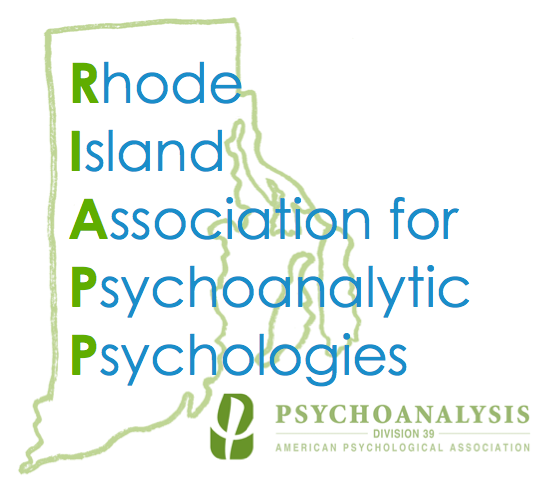Abstract
We will discuss the ideas of Mikhail Bakhtin, and subsequent dialogical theory, to inform an intersubjective understanding of change through psychoanalytic psychotherapy. We will consider meaning as a dynamic process that emerges from dialogue rather than internal content, and discuss how psychotherapy cultivates meaning making that is more complex, flexible and responsive to local conditions. Psychotherapy cultivates varied dialogical positions from which to relate and make sense of experience, allowing for new meaning in new circumstances. We will discuss other of Bakhtin’s ideas that inform interaction of personal and social dimensions of meaning and how we marginalize others through speech and gesture.
Objectives
Describe the notion from dialogical theory of meaning as a dynamic, interactive process, and how this informs three aspects of change in psychoanalytic psychotherapy.
Describe Bakhtin’s notions of, “position, addressivity, double voiced discourse, and the word with a side-ways glance”, and describe the phenomenon of “transference” according to these ideas.
Describe Bakhtin’s ideas of the word as “half mine and half someone else’s,” and multiple social spheres from which we, “take the word and make it mine”, and apply these ideas to explain interaction between personal and social meaning and explain how we marginalize other subjects through speech and gesture.
Bio
Dr. Saporta has taught and supervised psychotherapy through Harvard Medical School and through the Advanced Psychotherapy Training Program at the Boston Psychoanalytic Institute - teaching courses on psychoanalytic theory, intersubjectivity and change, and clinical seminars. He has published on a range of topics, including: trauma, neuropsychoanalysis, psychoanalysis and China, the space and place of psychotherapy, Bakhtin and psychoanalytic treatment, and psychoanalysis and our cultural crisis. His most recent paper, “Unifying Psychology -a View from the Trenches; and What's Wrong with Pluralism Anyway?”, appeared this year in the Journal of Clinical Psychology of Italy. He now lives and practices in Providence and joined the Board of RIAP. He continues to explore various aspects of psychotherapy and change.
References
Saporta, J. A. (2016). Changing the subject by addressing the other: Mikhail Bakhtin and psychoanalytic therapy. In D. M. Goodman & E. Severson (Eds.), The ethical turn: Otherness and subjectivity in contemporary psychoanalysis (pp. 209–231). New York, Routledge.
Leiman, M. (2011). Michael Bakhtin’s contribution to psychotherapy research. Culture & Psychology, 17, 441-461.
Leiman, M. (2011). Dialogical Sequence analysis in studying psychotherapeutic discourse. International Journal for Dialogical Science, Vol. 6, No. 1, 123-147
Salgado, J., Cunha, C., Bento, T. (2013). Positioning microanalysis: studying the self through the exploration of dialogical processes. Integr Psych Behav, 47:325–353 DOI 10.1007/s12124-013-9238-y
Shotter J & Billig M (1998). A Bakhtinian psychology: From out of the heads of individuals and into the dialogues between them. In, Bakhtin and the Human Sciences. Ed: Bell MM & Gardiner B. Sage Publications, London. Pg 13-29.
Accreditation
This activity has been planned and implemented in accordance with the Accreditation Criteria and Policies of the Accreditation Council for Continuing Medical Education through the joint providership of Rhode Island Hospital and Rhode Island Association for Psychoanalytic Psychologies. Rhode Island Hospital is accredited by the Accreditation Council for Continuing Medical Education (ACCME) to provide continuing medical education for physicians.
Physicians: Rhode Island Hospital designates this live activity for a maximum of 1.50 AMA PRA Category 1 Credit(s)™. Physicians should claim only the credit commensurate with the extent of their participation in the activity.
Psychologists: This program, when attended in its entirety, is available for 1.5 continuing education credits. Division 39 is approved by the American Psychological Association to sponsor continuing education. Division 39 maintains responsibility for this program and its content.
Social Workers: This program has been approved for 1.5 Social Work Continuing Education hours for relicensure by National Association for Social Work RI Chapter, in accordance with 258 CMR.

